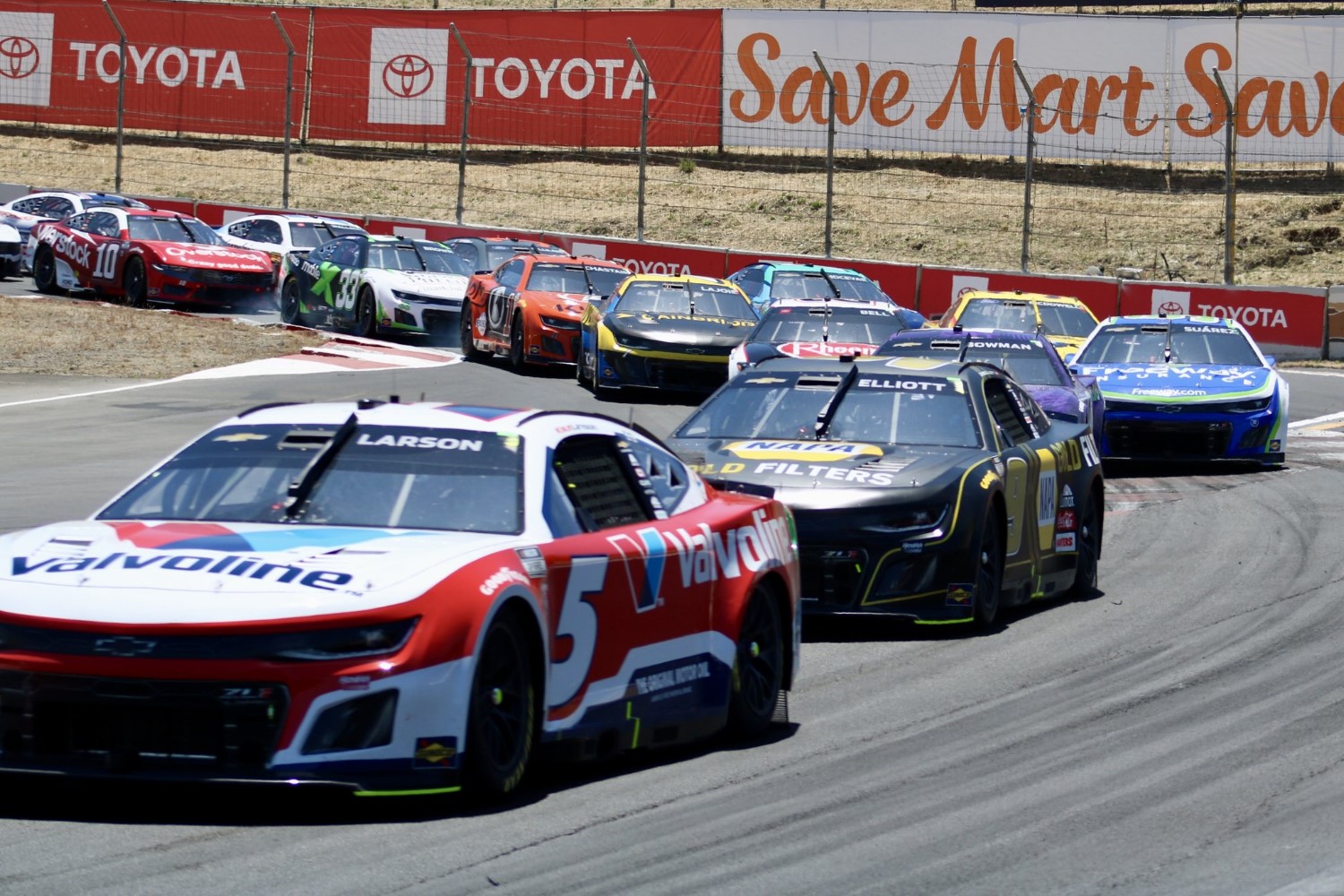Why Oil Changes Are Crucial for High-Performance Racing Cars
As anyone with a car knows, oil changes are an important part of vehicle maintenance. For many vehicle owners, this is a routine task, but for those involved with high-performance cars in racing, it’s even more crucial.
In motorsports, engines are pushed to their limits, which means oil changes are needed for ensuring optimal performance (and to prevent costly damage).
The Demands of Racing Engines
Racing car engines are built to perform, but with every use, they can be pushed to their limits. Unlike regular cards, racing cars are only ever driven with high speed and power. Their engines must be able to withstand high temperatures, intense friction, and extreme stress for the duration of a race. This makes them more susceptible to wear and tear. With their high-performance demands like high RPMs and rapid acceleration, these cars need frequent maintenance and oils that can withstand the stress of continuous driving at high speed.
The Role of Oil in Racing Cars
Oil is essential in any engine. It lubricates and cleans the moving parts to make sure it’s free from contaminants like dirt and carbon buildup. In a racing car output is maximized and so it’s essential to keep the engine free of debris to avoid potential failures.
Oil also helps keep the engine cool, as it works to absorb and carry away some of the heat generated, which prevents the engine from overheating. Without this, a racing car engine could suffer from thermal stress, which might even lead to catastrophic engine failure.
Racing car engines need appropriate oil; this will be chosen for its grade and viscosity as well as additives that are needed for the stresses of racing. Racing oils need to have a higher heat resistance so that they don’t break down under the extreme temperatures generated.
Timing and Frequency of Oil Changes for Race Cars
In racing, it’s important to do an oil change frequently to maintain the engine’s performance. Regular street vehicles don’t operate under extreme conditions so they don’t need an oil change as often. When it’s a race car, the oil degrades much more quickly so it won’t be able to do its job of cooling, cleaning, and lubricating properly.
The frequency of oil changes depends on the temperature, strain on the engine and the length of any race. Cars that partake in short races won’t need oil changes as often compared to those that do longer ones. Sometimes, trackside oil changes are needed.
Conclusion
While oil changes are crucial for all cars, for racing cars, they’re even more important. Regular and strategic oil maintenance will help a race car’s engine to be in top condition for the best performance. With the extreme conditions that race car engines endure, oil care must be more than a simple routine if the vehicles want to be competitive. Understanding and prioritizing this could mean all the difference between winning or engine failure.
